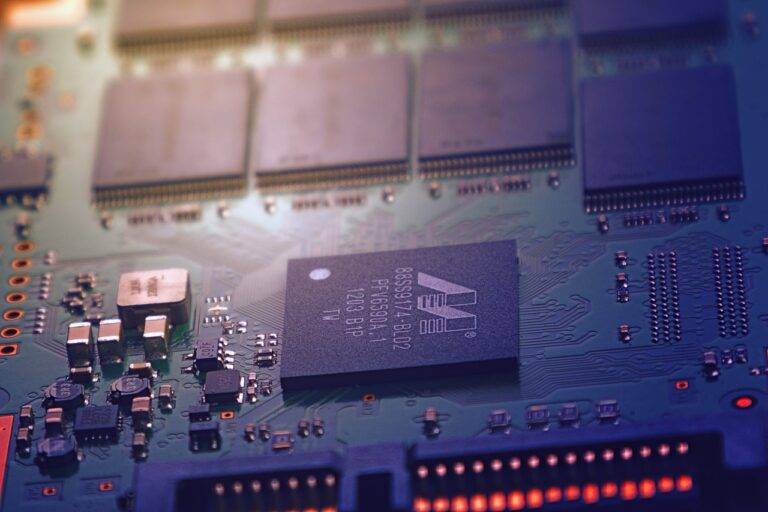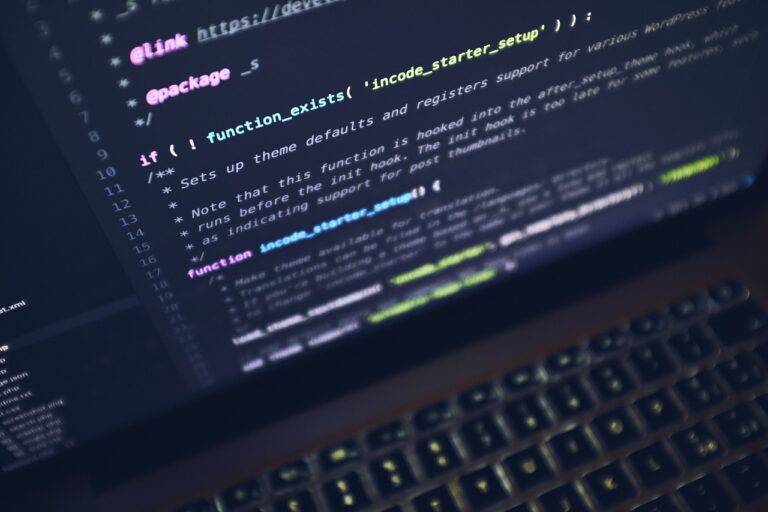Exploring the Applications of AI in Drug Discovery and Development
Artificial intelligence (AI) has revolutionized the drug discovery process by expediting the identification of potential drug targets. Through the analysis of vast amounts of biological data, AI algorithms can predict which molecules are most likely to interact with specific proteins involved in diseases. This predictive power significantly accelerates the early stages of drug discovery, saving time and resources while increasing the likelihood of success in developing new medications.
Moreover, AI plays a crucial role in the virtual screening of compounds, a process that involves evaluating the potential of numerous molecules to bind to a target protein. By employing machine learning algorithms, researchers can swiftly sift through vast libraries of compounds and identify those with the highest probability of binding to the target. This targeted approach enhances the efficiency of drug discovery efforts, enabling scientists to focus on the most promising candidates for further experimentation and development.
Understanding the Role of AI in Identifying Drug Targets
In the field of drug discovery, identifying the right target for a potential drug is a crucial first step. This process involves understanding the molecular mechanisms of diseases and pinpointing specific proteins or genes that can be targeted to treat the condition. AI plays a significant role in this aspect by analyzing vast amounts of biological data to predict potential drug targets, enabling researchers to focus their efforts on targets with the highest likelihood of therapeutic success.
By utilizing machine learning algorithms, AI can sift through complex datasets from various sources such as genetic studies, protein interactions, and clinical trials to identify patterns and relationships that may not be apparent to human researchers. This ability to process and analyze large-scale data sets quickly and efficiently accelerates the drug target identification process, leading to the discovery of novel targets that were previously overlooked. Additionally, AI can suggest new connections between biological pathways or identify potential off-target effects, aiding in the design of more effective and safer drugs.
Utilizing AI for Virtual Screening of Compounds
The use of artificial intelligence (AI) in virtual screening of compounds has revolutionized the drug discovery process. By employing machine learning algorithms, AI can efficiently analyze vast databases of chemical compounds and predict their potential as drug candidates. This high-throughput screening allows researchers to prioritize the most promising candidates for further experimental validation, saving time and resources in the drug development pipeline.
Furthermore, AI technology enables the identification of novel chemical structures that traditional screening methods might overlook. By training AI models on large datasets of known drug compounds and their biological activities, researchers can uncover new leads with unique pharmacological properties. This approach expands the scope of drug discovery, opening up possibilities for the development of innovative therapies that target previously unexplored biological pathways.
• AI in virtual screening revolutionizes drug discovery process
• Machine learning algorithms analyze vast databases efficiently
• Predict potential drug candidates for experimental validation
• Saves time and resources in drug development pipeline
• AI technology identifies novel chemical structures traditional methods might miss
• Training AI models on large datasets uncovers new leads with unique properties
• Expands scope of drug discovery, targeting unexplored biological pathways
• Opens possibilities for innovative therapies
How does AI play a role in the drug discovery process?
AI helps in speeding up the process by analyzing large amounts of data to identify potential drug targets and predict the effectiveness of compounds.
What is the significance of AI in identifying drug targets?
AI can analyze complex biological data to pinpoint specific molecules or proteins that could be targeted by drugs to treat a particular disease.
How can AI be utilized for virtual screening of compounds?
AI algorithms can virtually screen millions of compounds to identify potential drug candidates that have the desired properties for further testing in the laboratory.
Can AI completely replace human expertise in drug discovery?
While AI can greatly enhance the drug discovery process, it is not a substitute for human expertise. Scientists still play a crucial role in interpreting the results and making informed decisions.





